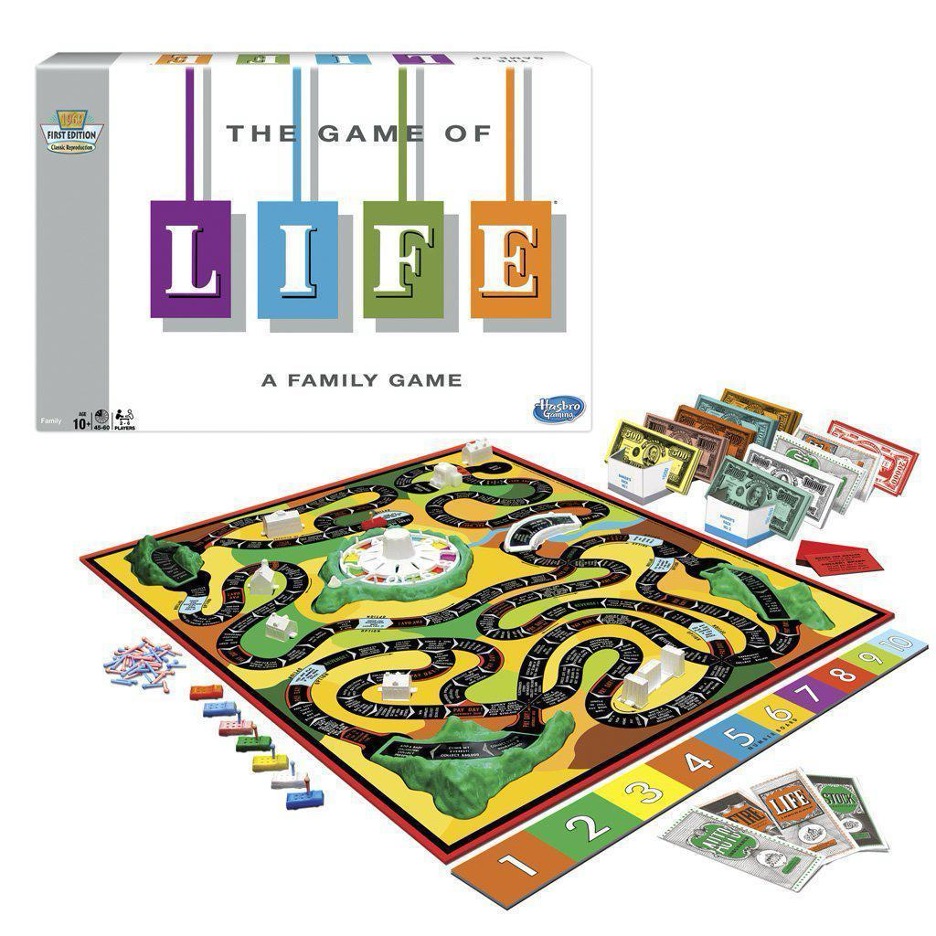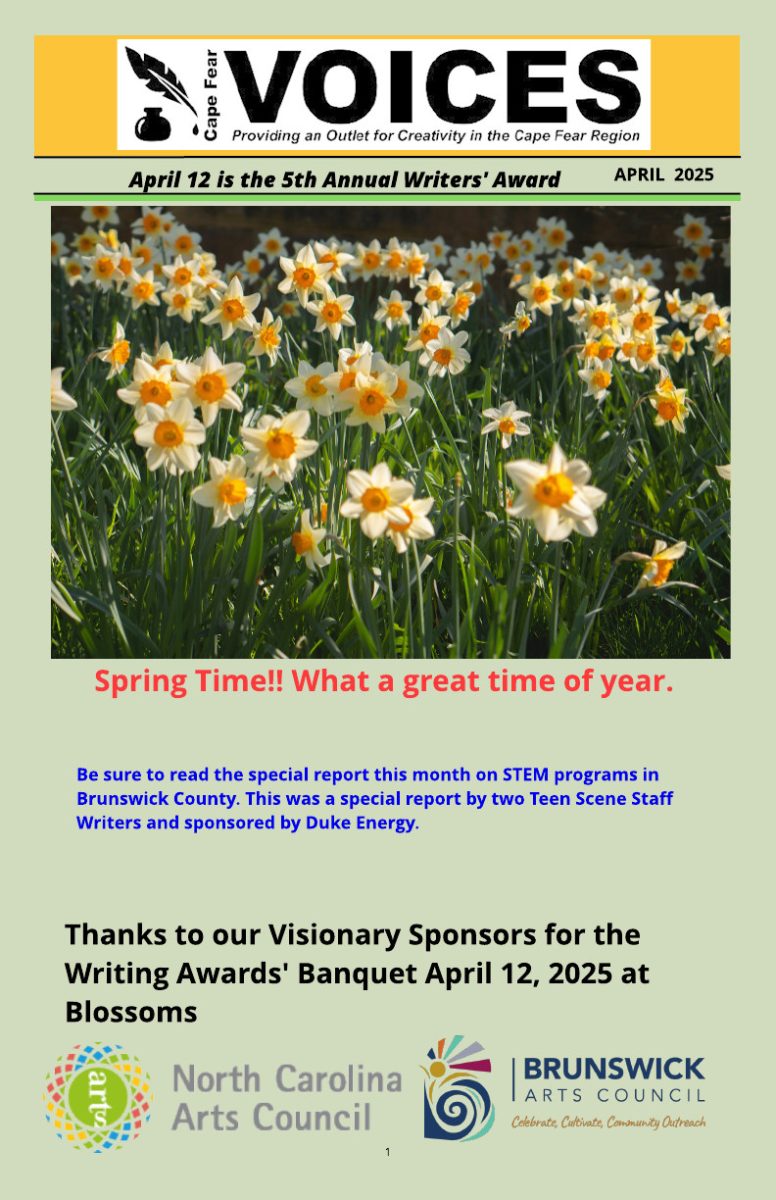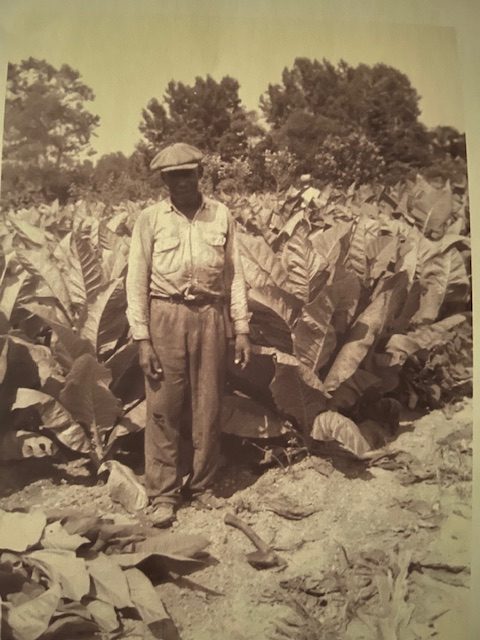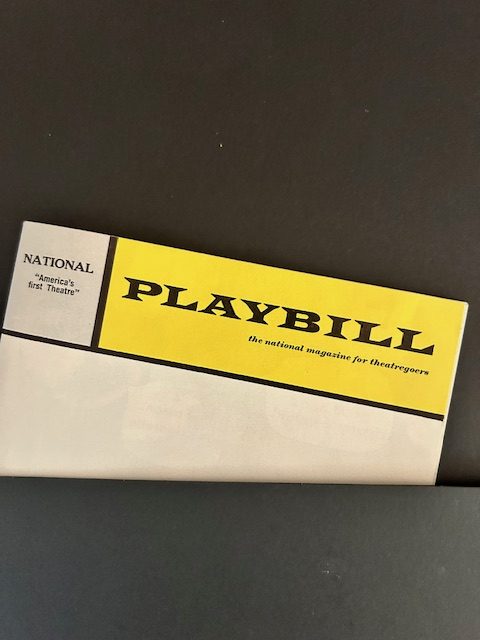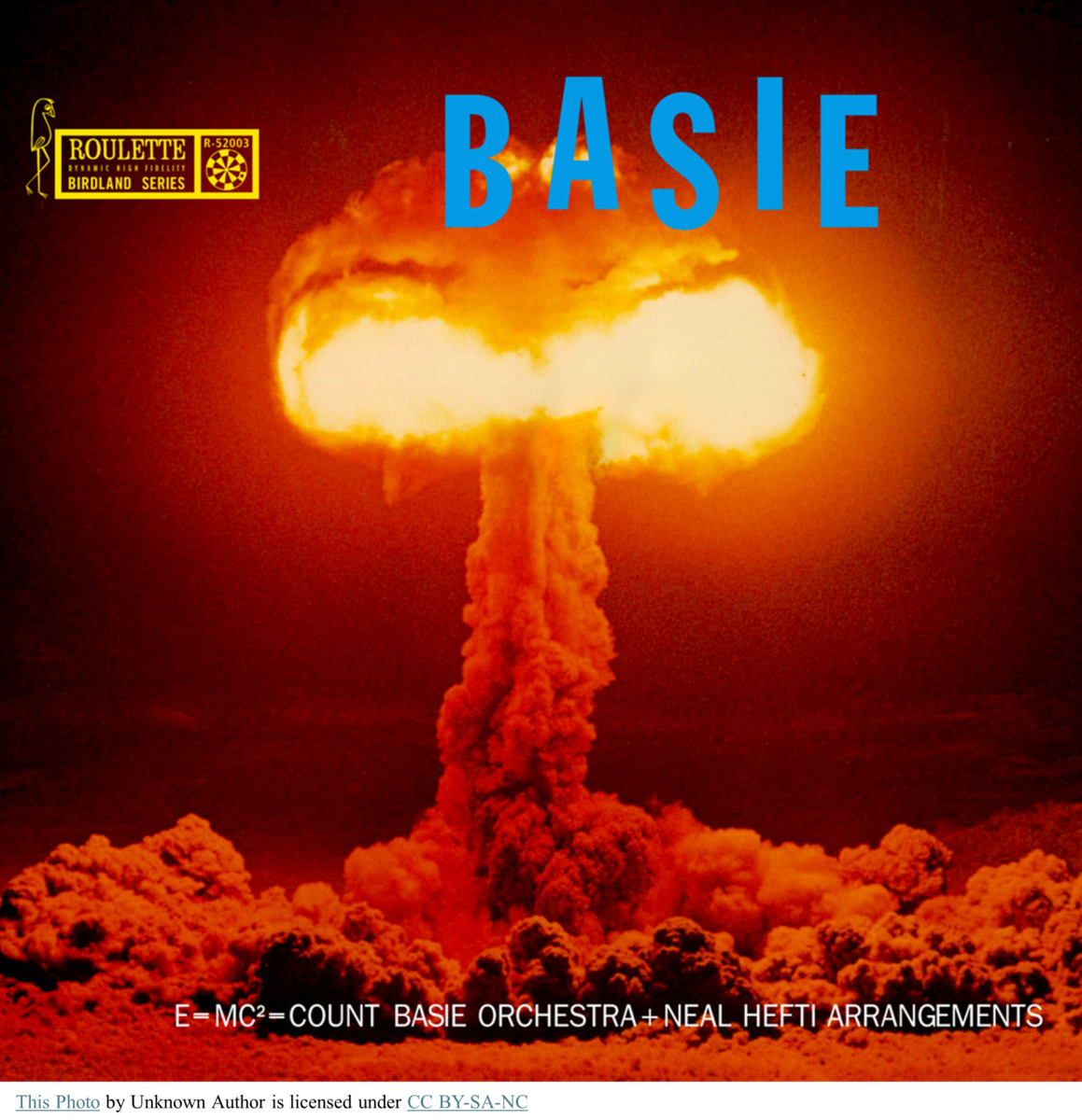Some said she grew up in an orphanage near Mexico City, the unwanted child of a politician’s liaison with the daughter of a wealthy businessman. Others claimed she emigrated from Spain, the only child of a financially ruined nobleman. But as my grandmother once told me, “There are two sides to every story, and somewhere in the middle, lies the truth.” The truth, in Ruth Rodriguez’s case, was more intriguing than fiction.
She was a petite woman, not more than five-feet tall, with olive skin, piercing brown eyes, and coal-black hair which was always worn in a single braid ending at her waist. Her fine features and large, dark smiling eyes twinkled when she laughed. Her first days with us were not auspicious. She’d arrived by bus and asked for directions to the “school.” She was met with polite smiles and blank stares until she entered my mother’s store where she found a soulmate. She showed my mother a letter from the board of education assigning her to our “elementary school.” There was only one problem; there was no school in Sierra Morena, elementary or otherwise. This was the first of many obstacles Ruth Rodriguez conquered. Both my mother and aunt were determined individuals when they believed in a cause. They knew education could break the cycle of poverty in the border towns of Northern Mexico and they would not let the opportunity of having a real teacher in town escape their grasp. My mother and aunt accompanied Miss Ruth to see the owner of an empty warehouse where for eight pesos a month, Miss Ruth leased the building and it became the first school in our village. She lived in a detached structure that had served as the warehouse’s office, turning it into a handsome house. Within a year, her home was surrounded by multicolored hues of acacia, gardenias, bougainvillea, morning glories, margaritas, and arroyo lupine. Passing Miss Ruth’s porch was like looking through a giant, scented kaleidoscope. Every Easter, she distributed fruit and shade tree seedlings to each family in the village. Sierra Morena became an oasis as the trees matured, and doves, scissortails, warblers and other songbirds took up residence. But this was only one small part of Miss Ruth’s legacy.
Within a few years of her arrival, two of her students were offered scholarships to the National University in Mexico City and one received a scholarship to study in Spain. This began a series of successes, prompting offers for her to move to the larger, urban areas of Guadalajara or Mexico City. She resisted, demanding better facilities for our village. She was accused of “not knowing her place” when she took the train to Mexico City to lobby the congress and President to fund the neglected schools of the region. However, she returned after being away for a month with a copy of a presidential directive authorizing the construction of a school building with separate rooms for the elementary grades and a high school—even the governor and minister of education visited our village—and it wasn’t an election year. We all thought Ruth Rodriguez was immortal, but it was not to be. She succumbed to cancer on the 50th anniversary of her arrival in Sierra Morena. My father, who had never shown much emotion in his life, wept inconsolably after hearing of her death.
Many of her former students attended her funeral. Among them were a sprinkling of artists, musicians, university professors, scientists, lawyers, doctors, public school teachers, priests, and even a few writers. This diverse group reflected the seeds of intellectual curiosity she’d sown; seeds that germinated and bloomed by the hundreds.
What started with the chance arrival of a young school teacher brought the residents of our village together in a fight against the barriers of ignorance, corruption, and neglect. The heroes in this story formed a diverse human ecosystem that enriched our environment. The pathways to their success were sometimes pleasant, sometimes painful, and sometimes funny. But their journey was made easier by Ruth Rodriguez, who used wisdom, tenacity, and uncommon valor to show them the way.



